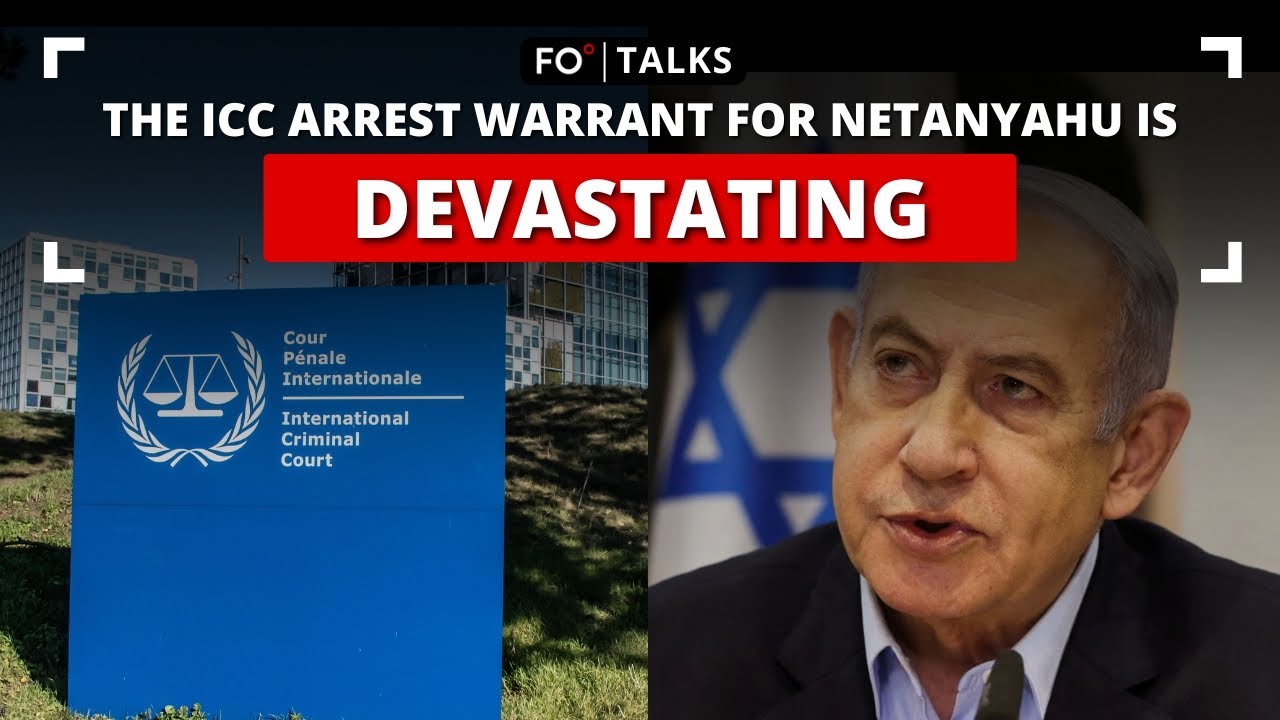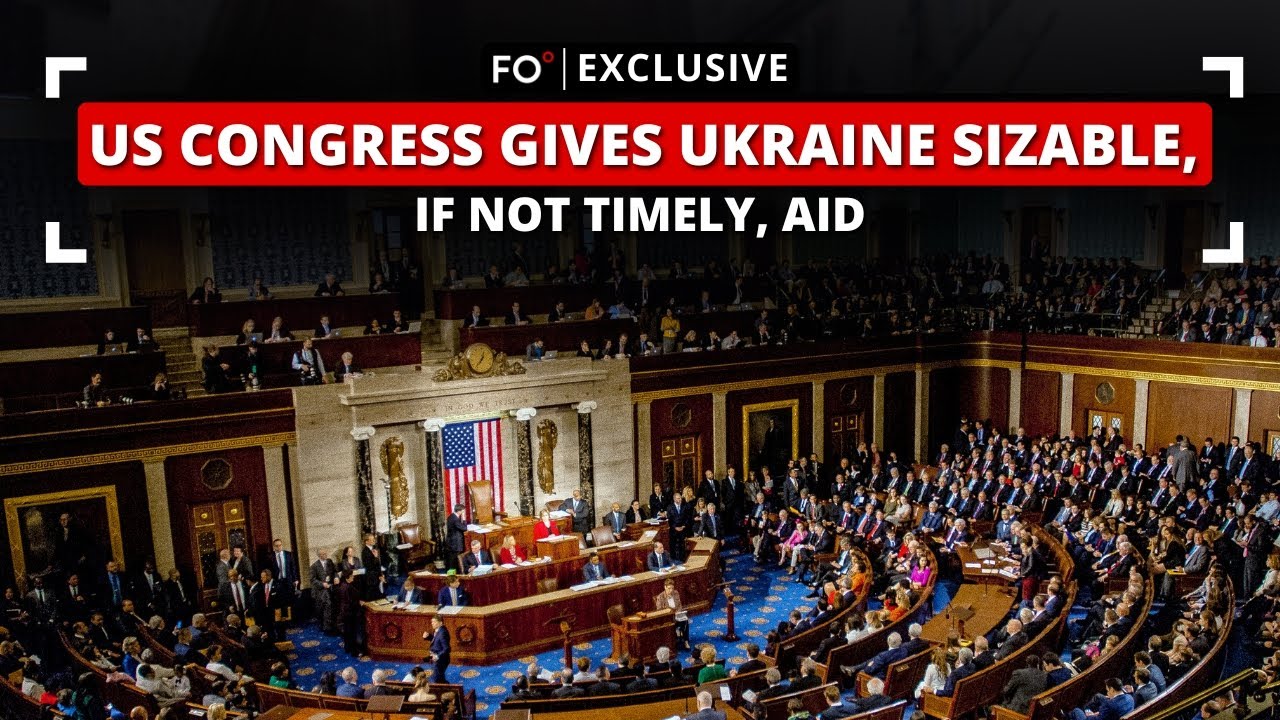Germany dilly-dallied before parting with 14 Leopard 2 tanks for Ukraine. The reason for such a delay was because Germany was dragged screaming and kicking into the conflict. The zeitenwende—an epochal tectonic shift—that German Chancellor Olaf Scholz spoke about has proved ephemeral.
After speaking to many German politicians and intellectuals, Atul Singh points out that Berlin’s policy is based on three principles:
- Support Ukraine as much as possible.
- Avoid direct conflict between NATO and Russia.
- Avert unilateral action by any single supporting nation.
Simply put, this means that Germany is unwilling to send talks unilaterally. It wants to send its tanks whilst hiding behind the US. Germany is unwilling to be seen as an aggressor by Russia. Berlin wants to minimize the chances of an escalation of conflict with Moscow.
The current center-left coalition has always been more pacifist than its counterparts on the right. The Social Democratic Party of Germany (SPD), the Free Democratic Party (FDP) and Alliance 90/The Greens are in power together. Their traditional colors are red, yellow, and green respectively. Hence, this government is called a traffic light coalition.
Until recently, the SPD championed change through rapprochement. Gerhard Schröder, the last SPD chancellor who was in power from 1998 to 2005, worked for Russian state-owned energy companies, including Nord Stream AG, Rosneft, and Gazprom. The FDP and, especially, the Greens are also peaceniks. Old habits die hard. Germany has a culture of restraint. Singh thinks a U-turn is bound to be difficult.
The Germans were once ruthless jackboot-wearing swashbucklers. Now, they have turned into soft and soggy sissy pants. Once led by authoritarians like Otto von Bismarck and Adolf Hitler, the Germans have swung to extreme consensual coalition politics. Germany has gone from the Führer to incoherence and paralysis.
Singh also points out that the war is not in German or even European economic interest. Industry in Europe relied on cheap Russian gas. With war breaking out in Europe, gas prices have gone up. European industry is withering on the vine. So, it is not in European interest to prolong the war. Hence, support for Ukraine is not in European or German interest. Therefore, this support is likely to wane in the coming months.
Besides, many are making the argument that the Russians are gradually recovering from their early blunders. Initially, they had an intelligence failure, their logistics were ghastly and they carried out a ham-handed version of blitzkrieg. They also lost a lot of senior officers and retreated poorly. Now, they seem to be improving.
Ukraine has a big problem: it is running out of fighting men. Recently, Ukraine lost many members of its top leadership in a helicopter crash. The country is also in the throes of a massive corruption scandal. Since 1991, Ukrainian women have had very few children. In 2020, the country recorded just 1.22 births per woman. So, Singh believes Ukrainians might just run out of men. The disparate tanks coming from many countries might not be too few and too late to make a difference.
Carle takes the view that Ukraine will not run out of men, Western equipment will eventually make a difference and Russia will suffer increasing strains in 2023. The numbers of Russian tanks are inflated because many are obsolete and/or nonfunctional. Most of Russia’s modern armor has been destroyed. Russia is working its factories around the clock but it is no longer an industrial power and is unable to supply its military with much-needed tanks. This means that the West has a window of opportunity for the next 12 months to put pressure on Russia and help Ukraine achieve victory.
The views expressed in this article are the author’s own and do not necessarily reflect Fair Observer’s editorial policy.
































Comment